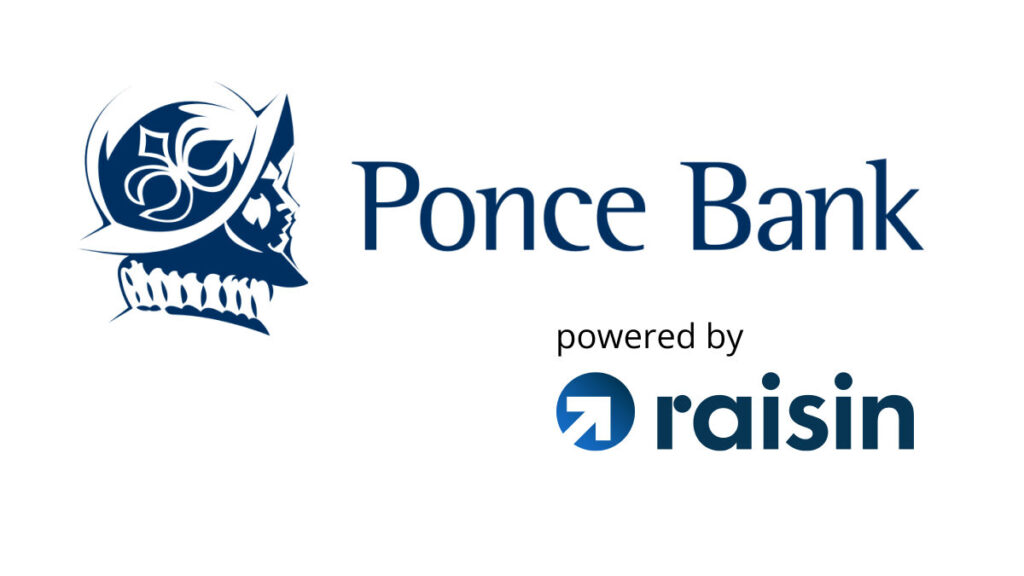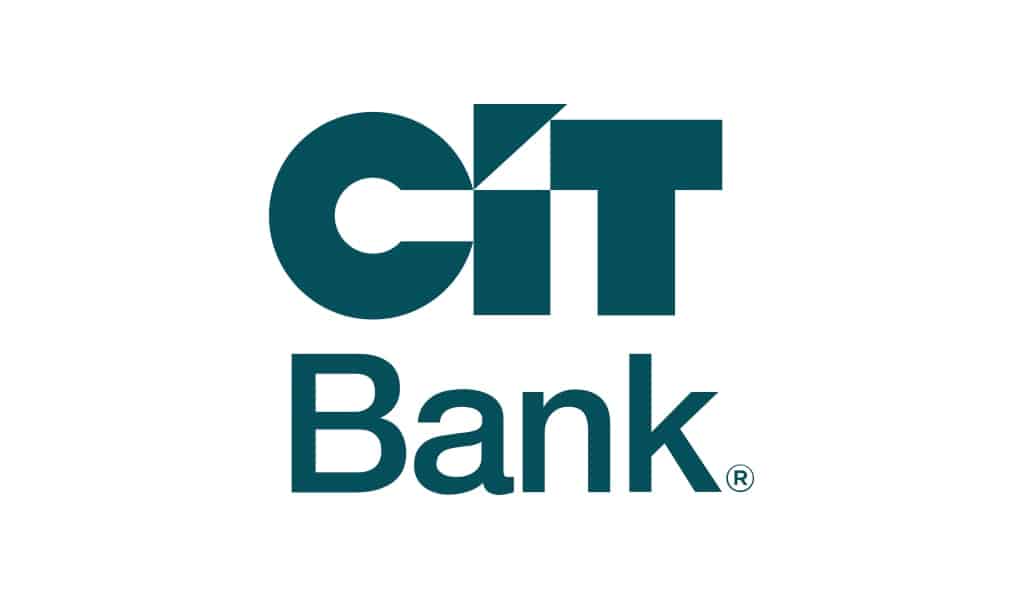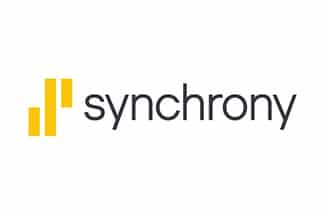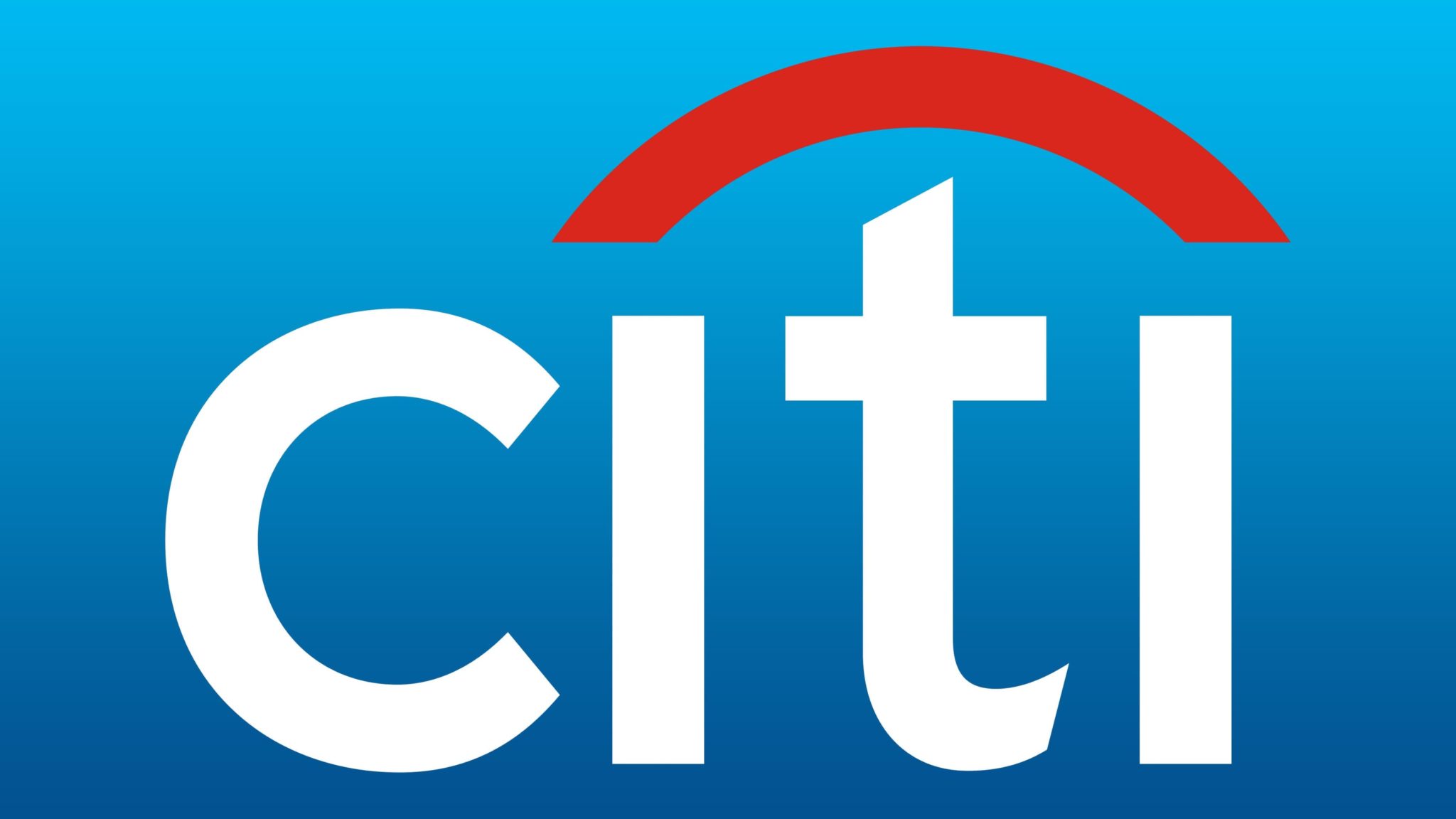Editorial Note: We earn a commission from partner links on Doughroller. Commissions do not affect our authors’ or editors’ opinions or evaluations. Learn more here.
Certificates of deposit offer savers a way to earn higher yields in exchange for locking their money away for a set period of time. The downside is that if you need your money early, you’ll pay an early withdrawal penalty. No-penalty CDs offer higher yields without the penalty for early withdrawal.
The trick is to find a no-penalty CD that pays the highest rates. We track the best offers we can find and list them below. If you are aware of a better option, please let us know.
Editor’s Pick

We track over 1,000 CD rates from hundreds of banks and credit unions. Our favorite no-penalty CD comes from OptimumBank via Raisin. The current APY is 5.15% and the term is 5 months. The CD is offered through Raisin and is FDIC-insured up to $250,000.
- Current APY: 5.15%
- Minimum Deposit Requirement: $1
The Rest of the Best No-Penalty CDs
1. OptimumBank via Raisin

Certificate of Deposit
Member FDIC
APY
5.15%
Term
5 Months
Min. Deposit
$1
Our Rating: 4.3
2. Ponce Bank via Raisin

Certificate of Deposit
Member FDIC
APY
5.15%
Term
4 Months
Min. Deposit
$1
Our Rating: 4.6
3. Technology Credit Union via Raisin

Certificate of Deposit
Member NCUA
APY
5.15%
Term
5 Months
Min. Deposit
$1
Our Rating: 4.7
4. Mission Valley Bank via Raisin

Certificate of Deposit
Member FDIC
APY
5.15%
Term
3 Months
Min. Deposit
$1
Our Rating: 4.7
5. Ally Bank

Certificate of Deposit
Member FDIC
APY
4.00%
Term
11 Months
Min. Deposit
$0
Our Rating: 4.1
Highest No-Penalty CD Rates by APY
The best no-penalty CD rates are all pretty similar but of the few hundred banks that we surveyed, here are the no-penalty CD rates listed by APY.
18 Results
How We Chose the Best No-Penalty CDs
Not every bank offers a no-penalty CD but you can trust that the rates we found are truly the best nationwide. When looking for other factors to determine the best no-penalty CDs, we also considered term length.
- Interest Rate (APY) – Every no-penalty CD above has a terrific interest rate when compared to its peer CD of the same term. In almost all cases, the APY of a no-penalty CD is better than that of a high-yield savings account (but it is not as flexible).
- Term Length – Ideally, the longer-term no-penalty CDs are best because your rate is guaranteed for the entire term, so the CD needs to have a term of no less than 3 months. The longer, the better at a high rate.
Every bank above is also FDIC insured up to the $250,000 per depositor maximum.
Banks we included in our review are as follows: Affirm, Alaska USA Federal Credit Union, All America Bank, All In Credit Union, Alliant Credit Union, Ally Bank, Amalgamated Bank, America First Credit Union, American Express National Bank, Andrews Federal Credit Union, Associated Bank, Axos Bank, Bank of America, Bank of the West, Bank5 Connect, Bank7, Barclays, Bask Bank, Bayer Heritage FCU, Bethpage Federal Credit Union, Blue Federal Credit Union, BMO, BMO Alto, Boeing Employees Credit Union, Bread Savings, Capital One, Carver Federal Savings Bank, Charles Schwab Bank, Chase, Chime, CIBC U.S., CIT Bank, Citibank, Citizens, Citizens Bank, City First Bank, Climate First Bank, Commerce Bank, Community First Credit Union of Florida, ConnectOne Bank, Connexus Credit Union, Consumers Credit Union, Credit Human Federal Credit Union, Current, Delta Community Credit Union, Discover Bank, E*TRADE, EverBank (formerly TIAA Bank), Fifth Third Bank, First Foundation, First National Bank, First Tech Federal Credit Union, Flagstar Bank, FNBO Direct, GO2bank, GreenState Credit Union, Golden 1 Credit Union, Greenwood CU, Hope Credit Union, Huntington Bank, Industrial Bank, Interior FCU, Ivy Bank, KeyBank, Lake Michigan Credit Union, LendingClub Bank, Liberty Bank, Live Oak Bank, M&T Bank, Main Street Bank, Marcus by Goldman Sachs, Mission Valley Bank, mph.Bank, Nationwide (by Axos), Navy Federal Credit Union, NBKC, One, OneUnited Bank, Pentagon Federal Credit Union, PNC, Ponce Bank, Popular Direct, Quontic Bank, Regions Bank, Revolut, Salem Five Direct, Sallie Mae Bank, Santander Bank, SchoolsFirst Federal Credit Union, Security Service Federal Credit Union, Securityplus Federal Credit Union, Self-Help Credit Union, Service Credit Union, Signature Federal Credit Union, SkyOne Federal Credit Union, SoFi, State Employees’ Credit Union of North Carolina, State Exchange Bank, Suncoast Credit Union, Synchrony Bank, TAB Bank, TD Bank, Teachers Federal Credit Union, Technology Credit Union, Truist Bank, U.S. Bank, UFB Direct, Union Bank, Upgrade, USAA Bank, USAAliance Financial, Varo, Vio Bank, Wells Fargo, Western Alliance Bank and Zynlo Bank.
How No-Penalty Certificates of Deposit Work
No-penalty CDs work like traditional CDs with one important exception. They do not charge a penalty if you take out your money early.
As with all CD accounts, the money must remain in the account for seven days. After that, you can withdraw your money at any time.
Like CDs in general, you deposit a lump sum into a CD. If and when you withdraw the money, you must take all of it. Unlike a checking, savings, or money market account, you do not make multiple deposits and withdrawals to and from a CD.
No-Penalty CDs vs. Traditional CDs
The no-penalty feature does come at a cost. The best CD rates on a 1-year CD tend to be about 50 basis points higher (or more) than what you find on no-penalty CDs. If you think rates will rise the no-penalty CD may be worth the cost. The same is true if you believe you’ll need access to the money before the end of the term.
If not, a traditional CD may be the better choice.
No-Penalty CDs vs. Savings Accounts & Money Market Accounts
We’ve found that the best no-penalty CD tends to pay a slightly higher APY than the best savings account rates.
We’ve also found the same to be true of MMAs. No-penalty CDs tend to pay slightly higher yields. Keep in mind, however, that this is true only for the top-paying CDs. There are plenty of no-penalty CDs offered by well-known banks that pay below-market yields. Here it pays to shop around.
Beware of No-Penalty CD Impostors
Some banks advertise CDs with no penalty when that’s not exactly accurate. For example, Discover Bank offered a CD with what it described as a penalty-free CD. So what are these benefits? Basically, if you invest in a 12-month CD, and during the CD’s term lose your job, you can withdraw the balance without penalty. Here are the details:
This penalty-free benefit is a nice feature. But it is not a true no-penalty CD, at least it’s not what most people think of as a risk-free CD.
Don’t Confuse a No-Penalty Certificate of Deposit with a Savings or Money Market Account
Don’t confuse a CD with a savings or money market account. Once you invest in a CD, you can’t add to it. You can of course open another CD. When any CD matures, you can roll over the CD, adding funds to the account at that time. But CDs are not demand deposit accounts. As a result, if you exercise your right to withdraw money early without penalty, you must take all of your money and interest. In other words, you close the account.
Frequently Asked Questions (FAQ)
What are the Downsides of No-Penalty CDs?
As great as “No Penalty” CDs sound, there are some downsides and limitations. For starters, the rates on no-penalty CDs may in some cases be lower than traditional CD rates. In some cases, they might be no higher than online savings account rates.
In terms of minimums, some banks require high minimum deposits for their no-penalty CDs, in some cases ranging as high as $5k-$25k. Fortunately, others don’t. Thus, it’s important to look closely at the terms when considering your options.
In addition, despite their “No Penalty” moniker, there might still be some limitations on how and when you can access your money. For example, while some banks allow you to pull your money back out within a week, others require up to 30-90 days.
Finally, these CDs are typically short-term CDs. In the vast majority of cases, we’re talking 9-12 months, or even less.
Why Do CDs Have a Term?
One common question is why risk-free CDs have a term. After all, if you can withdraw the money anytime you want, who cares about the term of the CD? It’s because CDs are generally fixed-rate deposit instruments. That’s why longer-term CDs generally pay higher rates. And so the point of the term is that’s how long the bank is willing to fix the rate. Once the term expires, the prevailing rate will apply if you roll over the funds into a new CD.
Are No-Penalty CDs a Good Place to Keep Your Emergency Fund?
Yes, they can be. Because you can withdraw the money without penalty, the funds can be used for an emergency. In addition, as noted above, the rates on no-penalty CDs are very competitive with other types of deposit accounts.
Final Thought on No-Penalty CDs
Choosing to open a no-penalty CD is a great idea for one primary reason. If you’re not sure whether or not you can keep your deposit locked down for a regular full-term CD, this is the right CD for you.
No-penalty CD rates always sacrifice a touch of interest vs. normal CD rates, but the peace of mind of knowing your cash is always available is well worth it for most consumers.
















